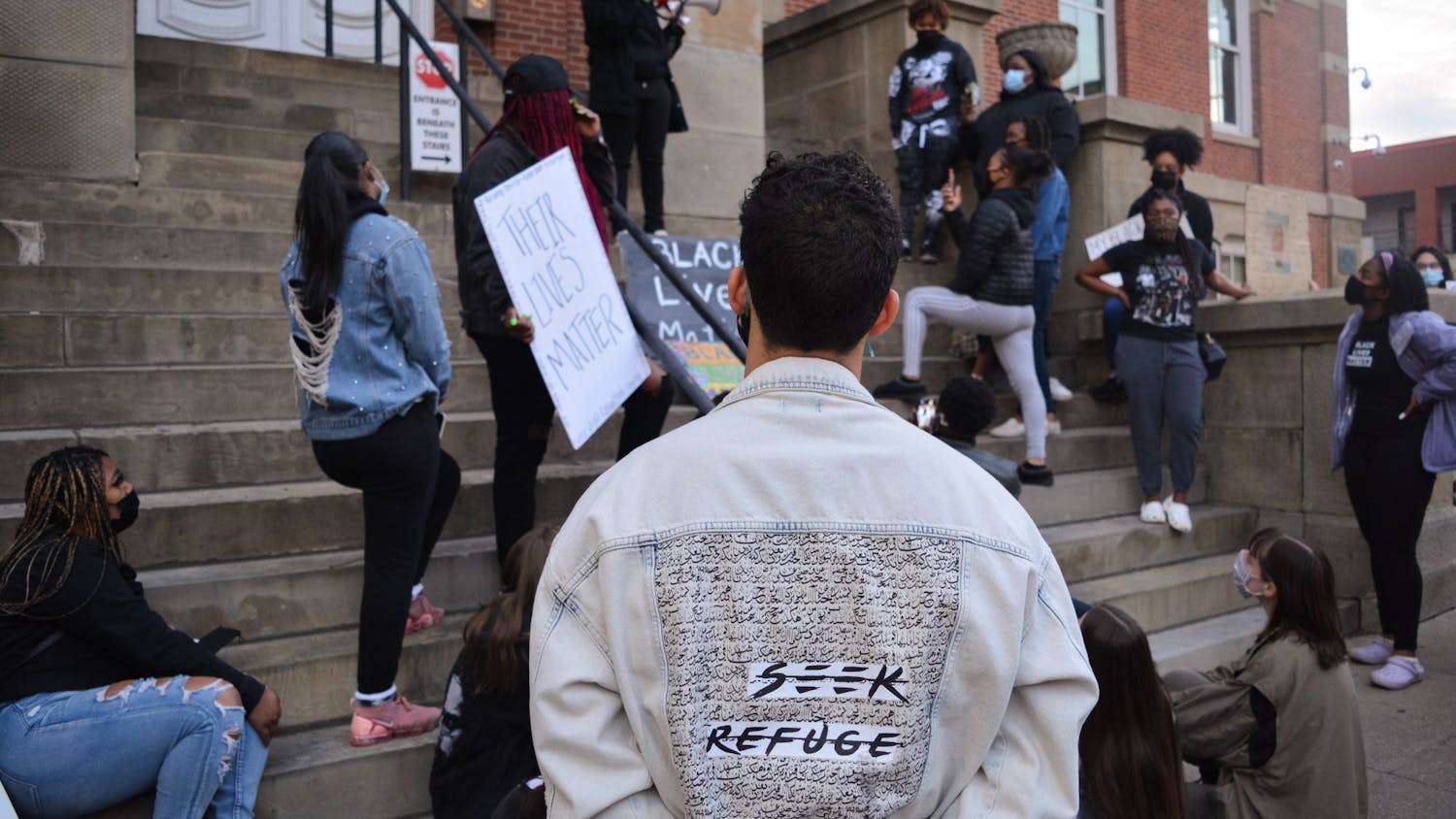I attended a Jewish school for 12 years. In this school we had a strong focus on Hebrew, the Tanach (Jewish scriptures) and Jewish history. It was there that I learned about the World Zionist Congress, a meeting in which Jewish leaders gathered to discuss their vision for a Jewish state. Now, around its 125th anniversary, I am taking a step back and examining what has happened since that fateful assembly.
The first World Zionist Congress was put together by a group called the World Zionist Organization, or WZO. It was held in 1897 in Basel, Switzerland, and had a little over 200 delegates. Theodore Herzl, a man who is looked at as the father of modern Zionism, was one of these delegates, and the iconic picture of him looking out over a railing was taken during this conference.
When these leaders got together in 1897, the entire world was different. Since then, advances have been made in technology, world wars were fought, countries were established, governments were destabilized and people were sent into space. But those who believed in the WZC never lost sight of the vision of a Jewish state.
At the time, it was just a vision, but that all changed in 1948 when the state of Israel was established. Gone were the days of envisioning; Jewish people became able to not only return to their ancestral homeland, but also get citizenship there, have families, own property and experience the ups and downs of life within the borders of the same places their families had been exiled from 2,000 years before.
I would be remiss if I did not mention the horrors that were also suffered by the Jewish community in these 125 years. It was not all happiness and progress. During World War II, over six million European Jews were murdered in the genocide now known as the Holocaust in an effort to eradicate all Jewish people from the world. Those who were able to survive the atrocities carried stories of labor camps, racist laws, ghettos and programs. At the same time, North African Jews were also being affected by Nazism, although their lives were spared. Post-World War II, the Jews of Middle Eastern countries were also subject to persecution and were forced to flee to Israel in the wake of its establishment. Not long after, waves of Russian Jews fled because of discrimination as well.
Although the world’s Jewish population has seen a lot of hardship, Israel has been a welcoming home in times of need since the time of its establishment and even in the years leading up to it. The delegates at the World Zionist Congress never could have predicted how necessary the creation of a Jewish state would become. Although none of those original 208 leaders were alive to see the nation they envisioned, their legacies live on in the generations of Jews that are alive because of the creation of Israel.
Hadass Galili is a senior studying political science pre-law at Ohio University. Please note that the views and opinions of the columnist do not reflect those of The Post. Do you agree? Tell Hadass by tweeting her at @HadassGalili.






